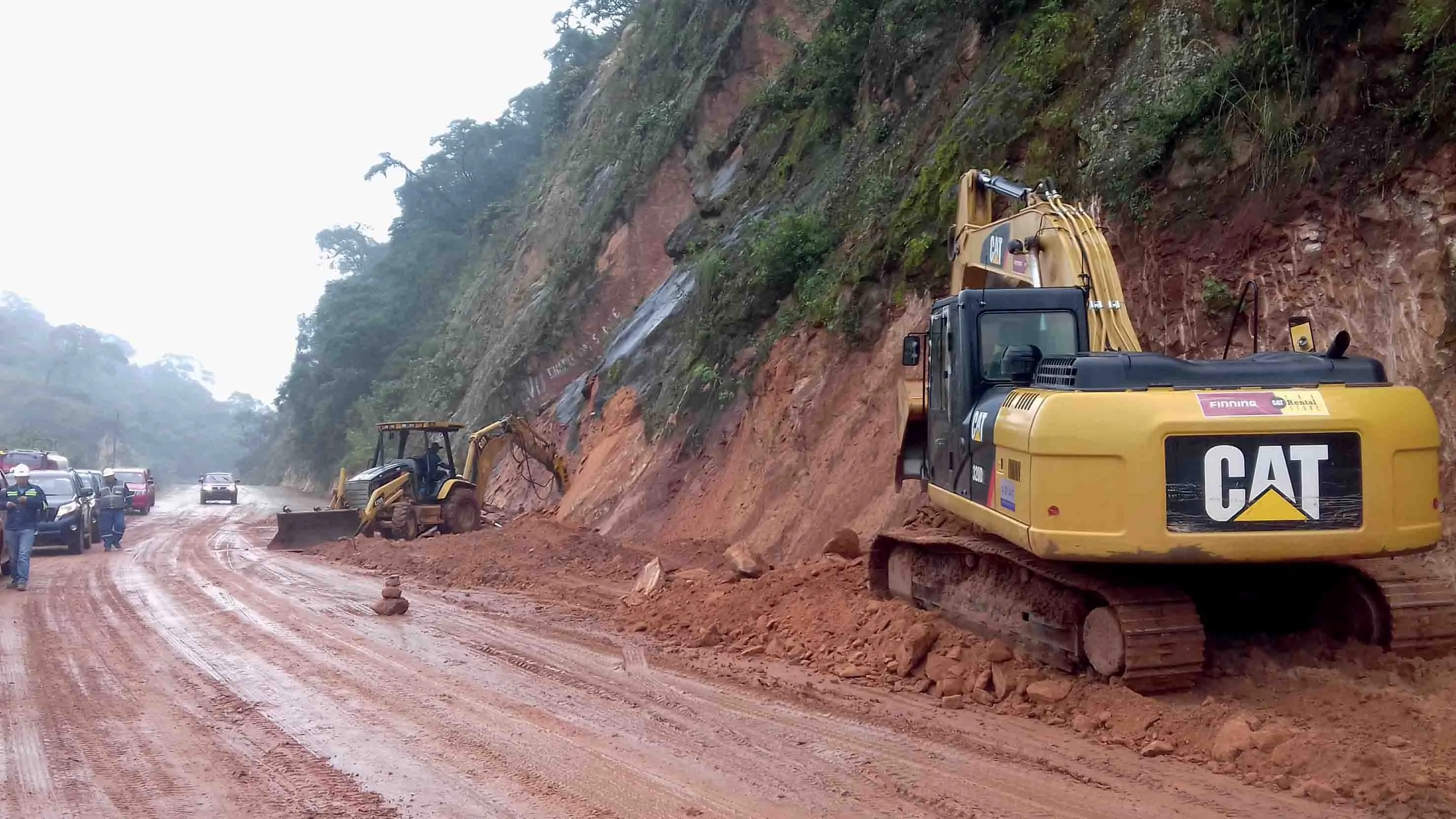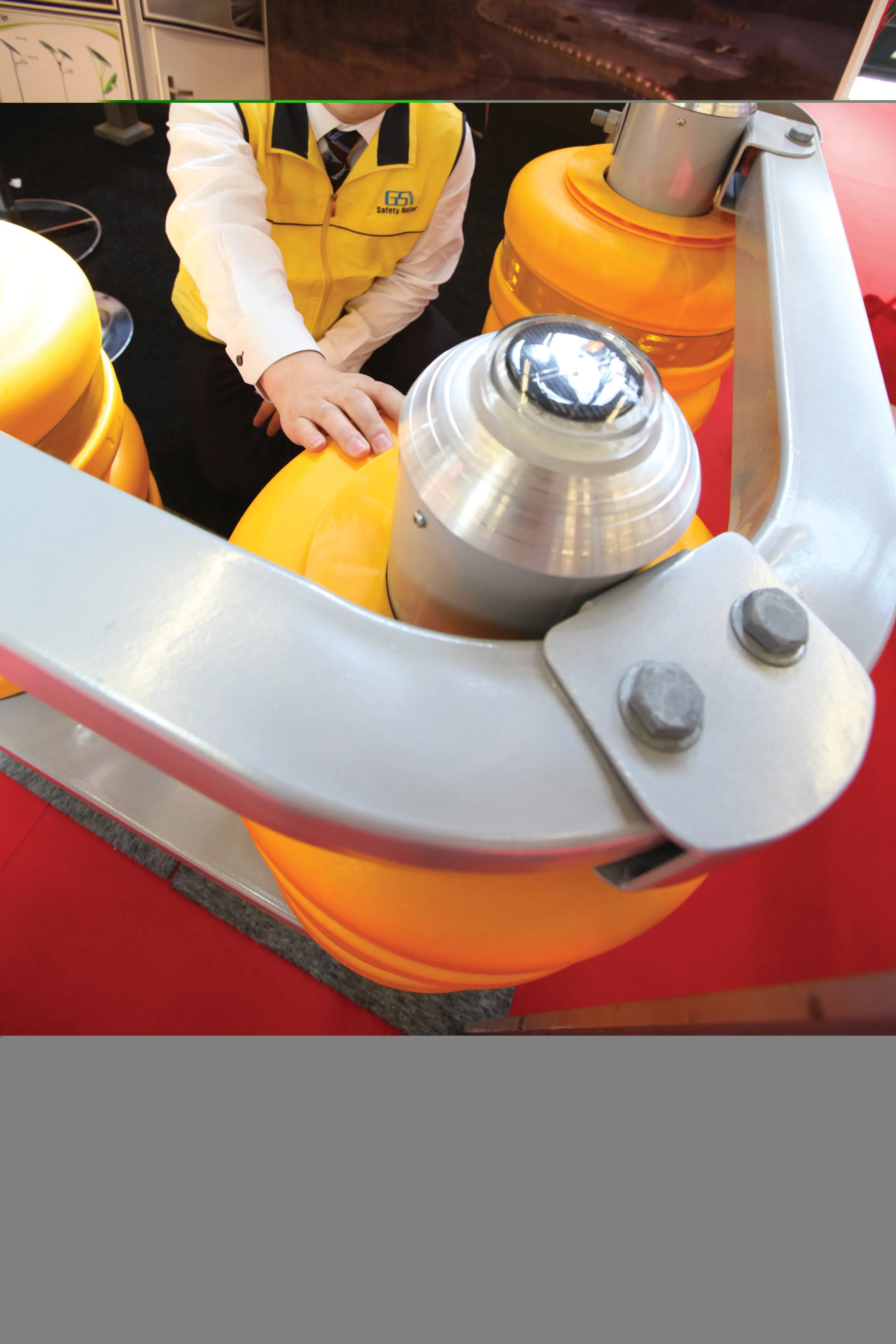The official opening of the new Corredor Bioceanico Central highway linking Brazil, Chile and Bolivia will be carried out in November of this year. The corridor provides a vital commercial link between the countries and is of particular importance to Bolivia, which is entirely landlocked. Better access to ports in Brazil and Chile and will help Bolivia's economy while also helping trade in those nations. Measuring 3,800 km long, the corridor comprises a number of roads that link Santos in Brazil to Iquique
May 28, 2012
Read time: 2 mins
The official opening of the new Corredor Bioceanico Central highway linking Brazil, Chile and Bolivia will be carried out in November of this year. The corridor provides a vital commercial link between the countries and is of particular importance to Bolivia, which is entirely landlocked. Better access to ports in Brazil and Chile and will help Bolivia's economy while also helping trade in those nations. Measuring 3,800 km long, the corridor comprises a number of roads that link Santos in Brazil to Iquique in Chile.
The presidents of Brazil, Chile and Bolivia, Luiz Inacio Lula da Silva, Sebastian Pinera and Evo Morales respectively, will attend the inauguration ceremony. Brazil's Foreign Affairs Ministry says that the countries are continuing discussions on how the corridor will be managed, in particular regarding standards for customs, sanitation and traffic.
The development of the corridor shows increasing accord between Brazil, Chile and Bolivia and this is a major change as relations have been somewhat troubled in the past.
The presidents of Brazil, Chile and Bolivia, Luiz Inacio Lula da Silva, Sebastian Pinera and Evo Morales respectively, will attend the inauguration ceremony. Brazil's Foreign Affairs Ministry says that the countries are continuing discussions on how the corridor will be managed, in particular regarding standards for customs, sanitation and traffic.
The development of the corridor shows increasing accord between Brazil, Chile and Bolivia and this is a major change as relations have been somewhat troubled in the past.









